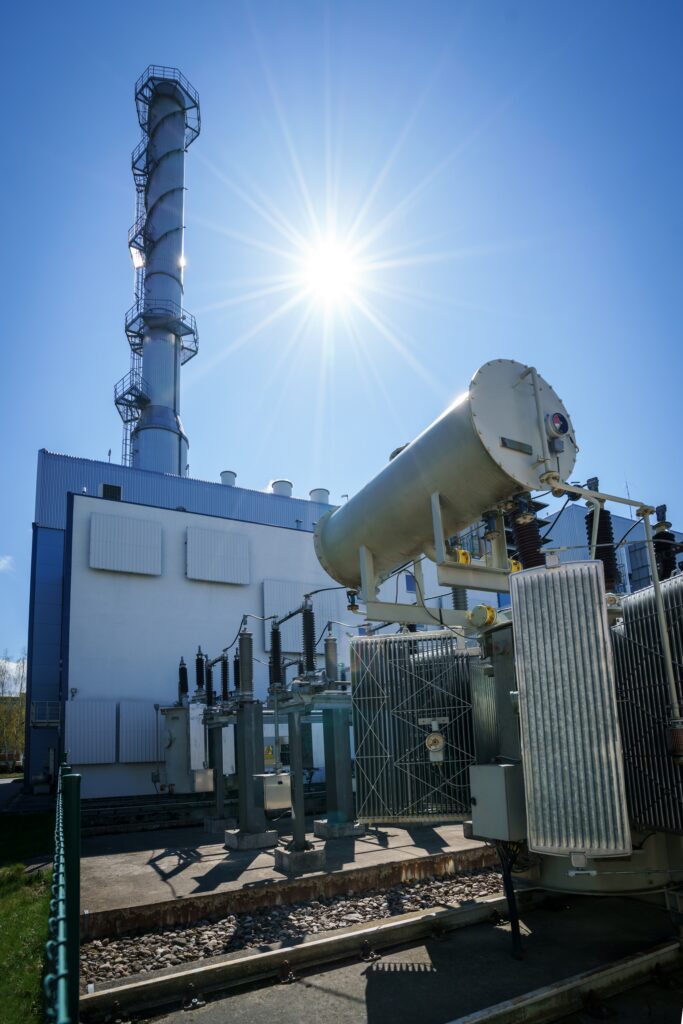 Development of a cogeneration plant for the meat industry.
Development of a cogeneration plant for the meat industry.
In a recent study conducted by a group of Brazilian researchers (de Siqueira Neto et al., 2018), the technical and economic feasibility analysis of a biomass cogeneration plant was assessed (i.e. wood chips), with the objective of supplying electricity and heat to a poultry slaughterhouse. After an analysis of energy consumption data on an annual basis, the authors model different scenarios considering the characteristics of the machinery available on the market.
The planned cogeneration plant is equipped with a water-tube generator for the production of superheated steam, which feeds a condensation turbine. In particular, four different configurations were evaluated, at different levels of steam pressure/temperature (43 bar/450°C and 68 bar/520°C), and the use of impulse and reaction turbines. The results pointed out that the configuration SG2/ST2 (68 bar/520°C and reaction turbine) is the one that offers the best advantages.
This scenario, in fact, is characterized by the highest overall efficiency values and the lowest consumption of biomass and cooling water. Furthermore, the economic analysis points out that the price of the wood chips represented the highest cost and, hence, the main factor for the feasibility of the cogeneration plant. Finally, for the optimum configuration SG2/ST2 a payback period of six years was obtained, which is acceptable.
Optimization of saturated steam boilers by implementing a pre-heating system
Energy saving is now an important concern in every industrial process, including food processes. A significant part of the operating costs of these processes derives from fuel consumption. In addition, a little optimization of fuel consumption leads to significant energy savings along with reduced greenhouse gas emissions. In this respect, a recent study, conducted by a group of researchers in Pakistan (Ibrahim & Farrukh, 2019), analyzed the possibility of reducing fuel consumption (natural gas) in a saturated steam boiler by improving its efficiency.
In particular, the air to fuel ratio was optimized by pre-mixing them before their introduction into the furnace. This was possible by adding an air pre-heater that preheats the air-fuel mixture to 93°C (using the heat of fuel gases coming from the boiler). The use of preheated air-fuel mixture at this temperature improves the boiler efficiency by 4%, reducing the excess air (from 15 to 10%) and improving the quality of fuel gas. To validate the results, simulations were performed using a simulator of chemical processes, whose results confirmed a 4.92% reduction in fuel consumption, with a consequent improvement in the econmic viability of the process.
References
A.T. de Siqueira Neto et al., 1st Franco-AMSUD Energy and Environment Meeting, Marseille, France, 18-21 March 2018
- Ibrahim & S. Farrukh, 2nd International Conference on Computing, Mathematics and Engineering Technologies (iCoMET 2019), Sukkur, Pakistan, 30-31 January 2019



